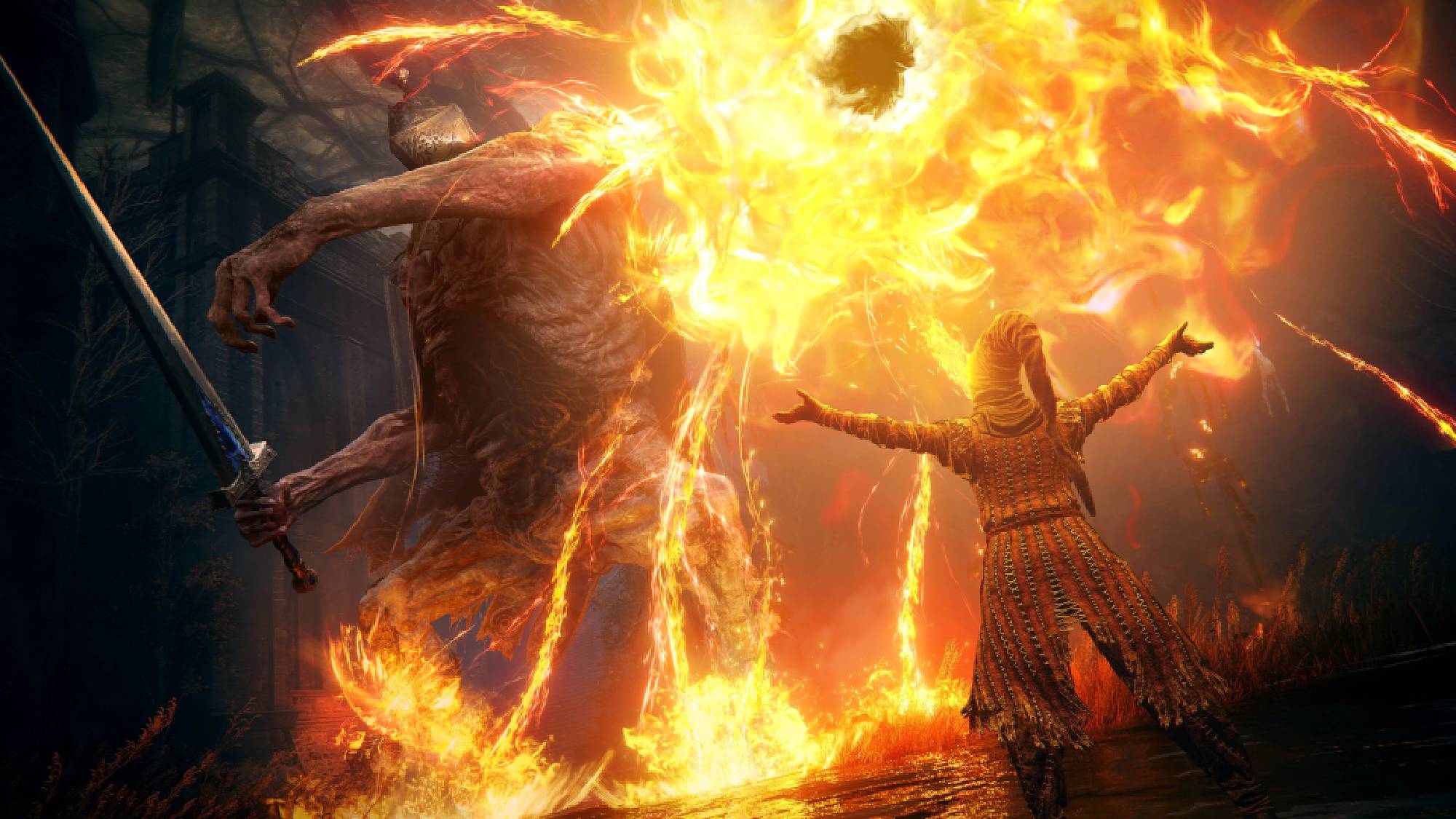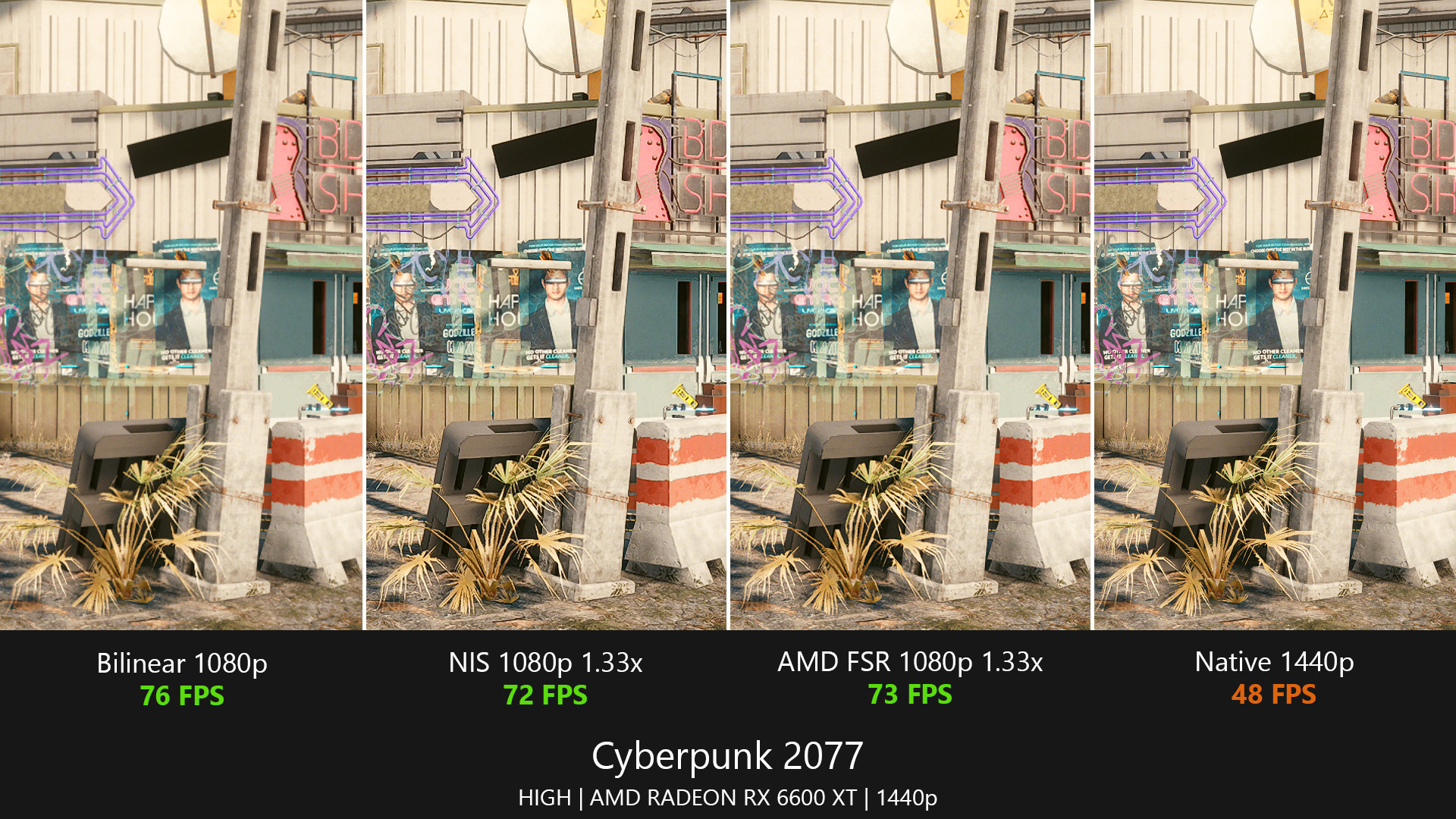
I’ve just spent the best $6.99 / £5.89 on the Steam Store after two decades of using Valve’s digital platform. Previously, I would have told you Wallpaper Engine, which cost me the princely sum of $3.99 / £3.49 a few years back was one of the wisest teeny investments I’ve ever given Gabe Newell, but that’s recently changed after I was pointed to a brilliant frame generation app.
First up, if you’re not familiar with frame gen, it was first rolled out by Nvidia when the GPU manufacturer released DLSS 3.0 super sampling. Using AI, it creates entirely new frames then places it between those a game has already rendered (provided a title supports either Team Green’s fps-boosting feature or the likes of AMD FSR 3.1 frame generation). The net result? Significantly boosted frame rates for comparatively little loss in image quality compared to rendering a title at your PC or laptop’s native screen resolution.
Digital Foundry’s resident PC Jedi Master Alex Battaglia published a fascinating video on developer THS’ “Lossless Scaling” app earlier in the month, yet it was only this past weekend I got time to check out his fascinating analysis. 16 minutes and 20 seconds later, I immediately logged into Steam and bought Lossless Scaling for less than an average beer in either the U.S. or my abnormally humid United Kingdom. If you’ve got a spare few minutes after you clock off work and love the best Steam games even half as much as me, it’s well worth checking out.
While Lossless provides a variety of scaling options — including Bicubic CAS, Nvidia Image Scaling and AMD FidelityFX Super Resolution — the method I’d recommend the most is THS’ own LS1/LSFG part scaler/part frame gen tech.
Though the image quality when you implement Lossless Scaling’s frame gen is a little less crisp than what you see from Nvidia’s frame generation solution (which requires an expensive RTX-40 series card), I honestly struggle to tell the difference when playing both Ghost of Tsushami and Elden Ring: Shadow of the Erdtree on my Asus ROG Zephyrus G14 (2024). And trust me, my eyes are so sensitive to mild visual glitches in motion, I make The Terminator look like he should probably invest in a pair of super-strong bifocals.
What’s particularly cool about Lossless Scaling to folks like me who drift off at night having night terrors over fluctuating frames, is that it can create two AI-generated interpolated frames, whereas both Nivida and AMD’s solutions can only introduce one into gameplay. That means you get big ol’ boosts to games if you select the app’s “LSFG 2.2.” frame generation option, then select the “X2” option in the “Mode” tab.
Circling back to FromSoftware’s brutal masterpiece, while I still class Elden Ring as one of the best open-world games I’ve ever played, the PC version has been plagued by slight technical issues since it launched in early 2022. Due to the game’s co-op and multiplayer modes, the legendary Japanese developer placed a 60 fps cap on the game, and while the community has cooked up patches to unlock the frame rate, the challenging sandbox’s anti-cheat system blocks online play should it detect them.
You've got scale

From my brief experience with Lossless Scaling, though, that’s not the case. As long as you boot the app first, click the “Scale” button after you’ve launched Elden Ring, then switch to its window within an alarmingly short 5 seconds, the game will run comfortably over 60 fps and still allow you to play online, which is pretty crucial for those legendarily punishing bosses who can prove a massive struggle to put away if you can’t summon fellow online Tarnished players to help you out.
Unlike DLSS, you don't have to obliterate your bank balance picking up an RTX 4090 to get the benefits of Lossless Scaling. As is the case with AMD FSR, this is an entirely software-driven solution that you can enjoy across a variety of gaming PCs or laptops, regardless of whether your system houses Nvidia, AMD or Intel componments.
If you're playing on a mid-range gaming PC or budget gaming laptop, Lossless Scaling can do wonders for gaming performance — especially for older titles that pre-date Nvidia's frame gen techniques by years. Despite owning a powerful PC and what we currently rate as the best gaming laptop here at Tom's Guide, which means I'm hardly struggling for performance, I still wish I'd discovered Lossless Scaling way before now.
With its clever scaling techniques, PC gamers can triple their frame rates in many titles for around the price of Roland McDonald's favorite burger.







